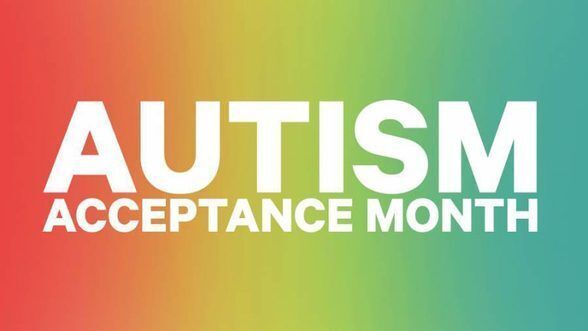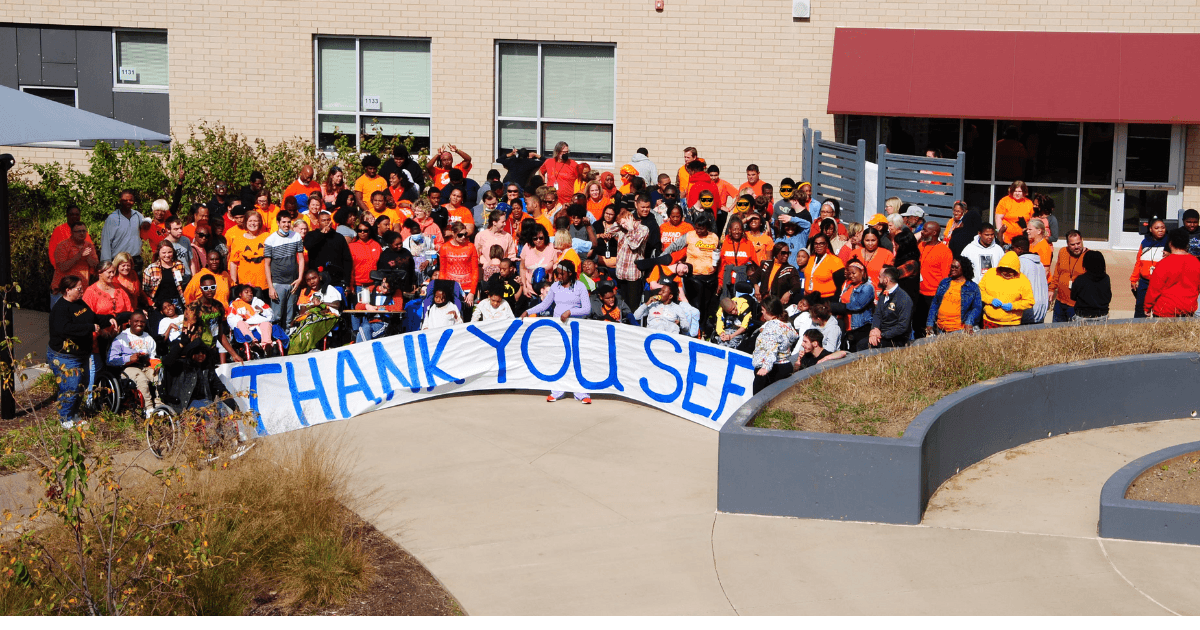
The first National Autism Awareness Month commemorated in April of 1970. Since then, autism has become the fastest-growing diagnosis in the world. Last month, we learned new data from the Centers for Disease Control and Prevention found that 1 in 36 children, or 2.8%, have autism.
This extraordinary increase in diagnoses has led to a greater acceptance worldwide, as evidenced by the more recent establishment of World Autism Awareness Day. This day helps to kick off a month of events and takes place on April 2nd every year, a date chosen by the United Nations General Assembly. This year will mark the tenth annual World Autism Awareness Day with the theme “Toward Autonomy and Self-Determination.”
One way the United Nations acknowledged World Autism Awareness Day this year was by releasing a series of videos providing autistic perspectives on several subjects, including policy and advocacy, the arts, home, life, and education. The video below focuses on "Autistic Perspectives on Neurodiversity at Work."
It features an all-autistic lineup of speakers and contributors and includes a keynote address by Sir Nick Hine, a panel discussion, and brief video contributions from around the world.
In recent years, there has been a focused effort to move events and activities in April from the idea of Autism Awareness to Autism Acceptance.
And here at the Special Education Foundation, we like that idea.
Today, society has a greater awareness of autism than ever before. However, those affected by autism often face a number of struggles throughout life, from bullying and prejudice to limited job opportunities and access to health care.
Education about the autism community is important, but advocates argue that we shouldn’t stop there. Autistic people need not just awareness, but acceptance and inclusion to have true support from their communities.
In March 2021, the Autism Society of America urged the media to use the new language in their coverage. Christopher Banks, President and CEO of the Autism Society, said: “While we will always work to spread awareness, words matter as we strive for autistic individuals to live fully in all areas of life. Unfortunately, as many individuals and families affected by autism know, acceptance is often one of the biggest barriers to finding and developing a strong support system.”
Ultimately, the goal of Autism Acceptance Month is to be more inclusive of the very community it seeks to celebrate. It promotes not just education about the differences between people with autism but understanding and respecting those differences. It calls for more tangible progress toward equal rights and resources.
Sarinah O’Donoghue wrote: “Moving from ‘awareness,’ which is often used in discourses on disease and illness, towards ‘acceptance,’ which is more positive, will help to destigmatize the condition and enable autistic people to speak about our condition on our terms.”
Although communities still have much to learn about autism, it’s just as crucial for people to implement what they learn. The shift toward Autism Acceptance Month will hopefully lead to more resources for people on the spectrum and their families, a better quality of life, and a more inclusive world.
At the end of the day, nobody can tell you which version of AAM to prefer—but we can all agree that April is a time to celebrate diversity, come together, and ignite change.
Your donation to the Special Education Foundation helps us provide support for students with autism in St. Louis County. Please consider a gift today.
Thanks!

